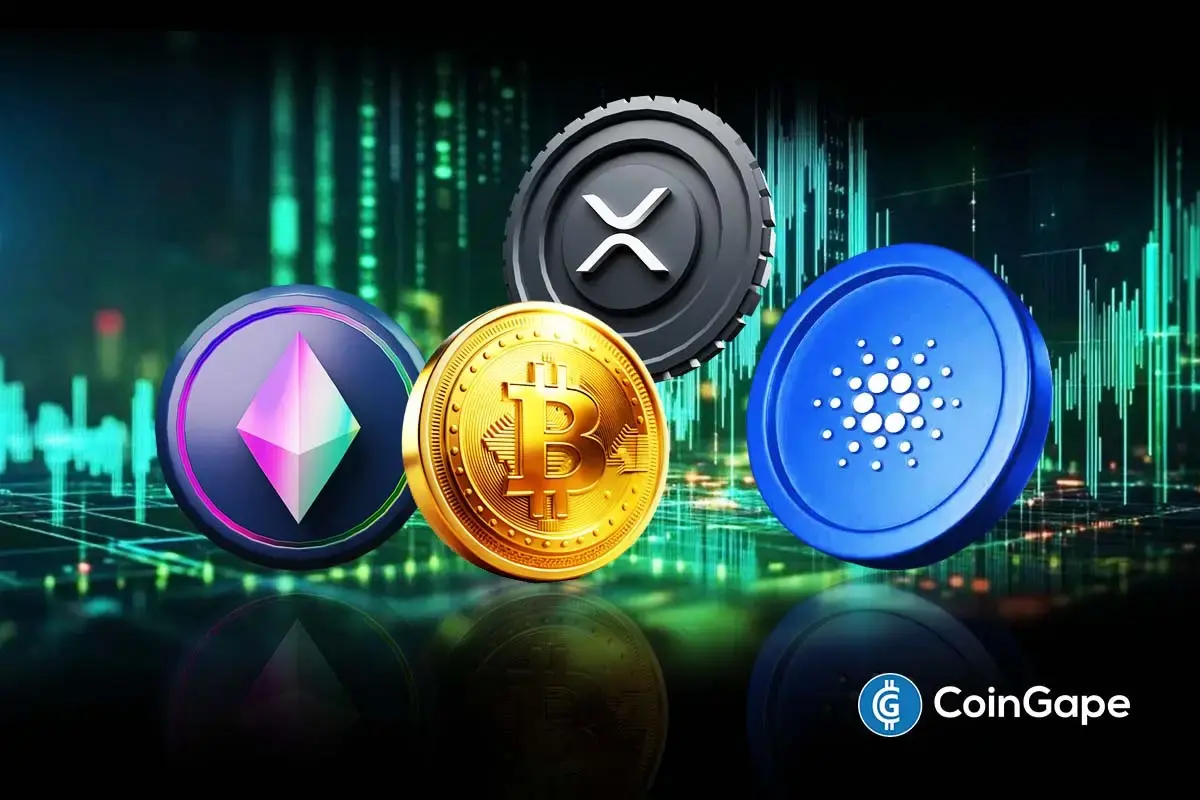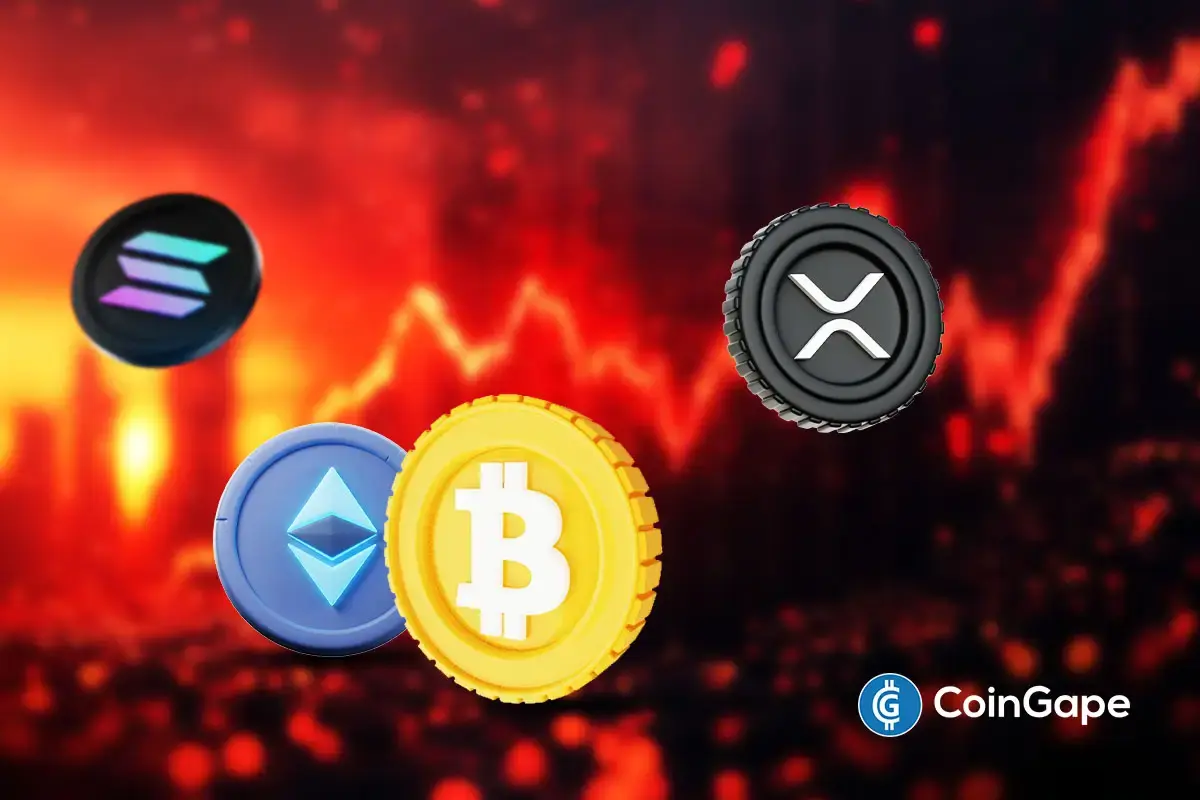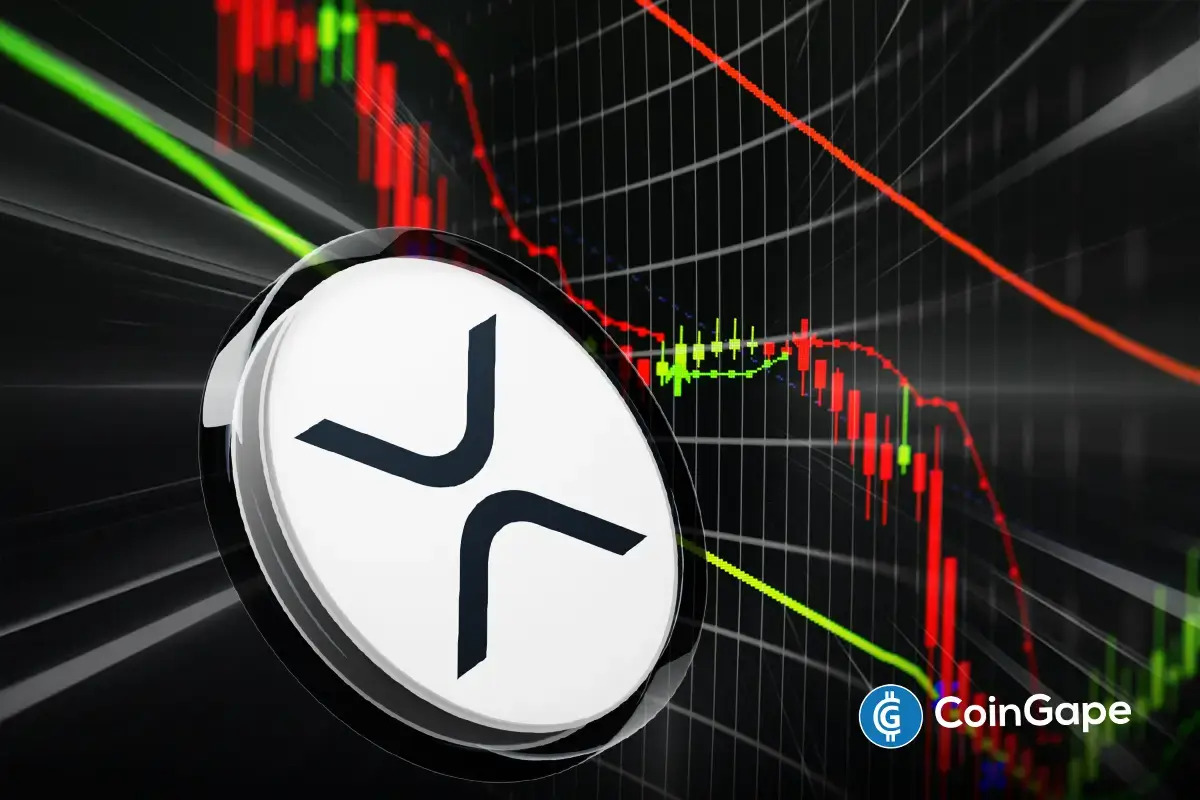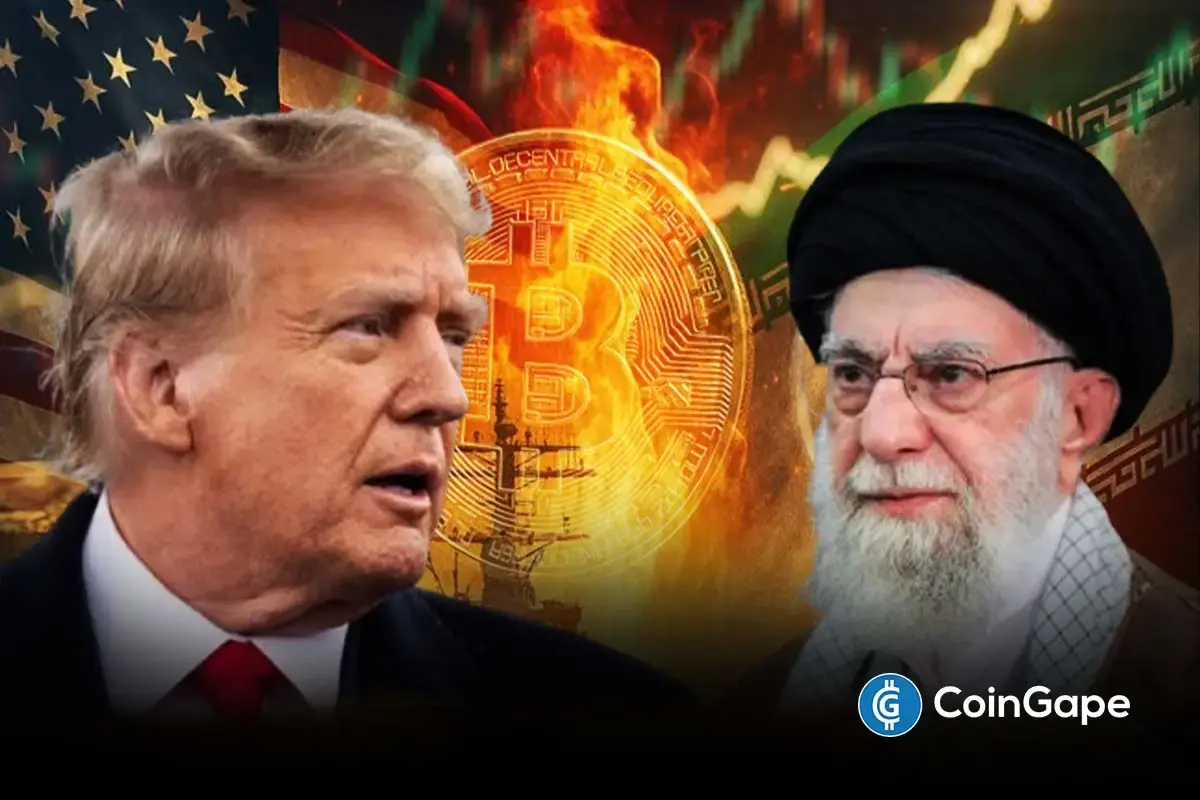Nigeria SEC Seeks To Double Capital Requirement For Crypto Exchange Registration

Highlights
- The Nigeria SEC is seeking to double.the minimum capital requirement for crypto exchange registration.
- The SEC also plans to raise the registration fee significantly.
- Elsewhere, Nigeria's crackdown on Binance led to tensions with the U.S.
The Securities and Exchange Commission (SEC) of Nigeria has proposed a significant increase in the minimum paid-up capital requirement for crypto exchange registration. The move is aimed at strengthening oversight and mitigating risks within the burgeoning cryptocurrency sector.
Nigeria SEC Proposes Amendments For Crypto Exchange Registration Rules
The current requirement, set at ₦500 million ($314,000), is poised to undergo a substantial upward revision to ₦1 billion ($628,000), according to the SEC’s latest proposal. Moreover, this proposed adjustment seeks to raise standards for crypto exchange registration.
In addition to the increase in paid-up capital, the current fidelity bonds are required to cover at least 25% of the minimum paid-up capital, as noted in the Commission’s rules and regulations. Furthermore, the SEC retains the authority to impose additional financial requirements on Digital Asset Offering Platforms (DAOPs) as deemed necessary, taking into account the specific nature, operations, and risks inherent in their activities.
The proposed regulatory adjustments reflect the SEC’s commitment to expedite crypto crackdown in Nigeria. The Nigerian SEC recently put forth a proposal to amend the regulations governing platforms offering crypto services, suggesting a significant increase in the registration fee for crypto exchanges from ₦30 million ($18,620) to ₦150 million ($93,000).
The SEC stated that these proposed changes aim to offer clarity and integrate feedback from industry stakeholders, particularly following engagements with the Central Bank of Nigeria (CBN). In May 2022, the Nigerian SEC initially issued rules and guidelines for all crypto and digital asset service providers. However, on Friday, March 15, 2024, it recommended an amendment to these rules.
According to the updated guidelines, digital asset exchanges, digital asset offering platforms, and digital asset custodians will now be required to pay an application fee of ₦300,000 ($186), a significant increase from the previous fee of ₦100,000 ($62). Moreover, the processing fee has also seen a substantial surge from ₦300,000 ($186) to 1 million ($620).
Also Read: White House Pushed to Address Binance Executives’ Nigeria Detention
Tension Between U.S. & Nigeria Over Binance Crackdown
A U.S. citizen named Tigran Gambaryan, serving as the head of Binance crypto exchange’s criminal investigations team, and a colleague have been apprehended by Nigerian authorities since February 26, 2024. Their detention, devoid of any formal charges and shrouded in questionable circumstances, has prompted urgent calls for intervention from the U.S. government.
Reportedly, Gambaryan fell victim to a trap in Nigeria, misled under false pretexts. Subsequently, he was taken into custody by armed individuals alongside a fellow Binance employee. Stripped of their passports, they are being held at an undisclosed location, fueling suspicions of a government-led scheme to extract a hefty ransom from Binance crypto exchange.
The absence of clear allegations and the denial of legal representation have exacerbated concerns surrounding the legitimacy of their detention. Moreover, Gambaryan’s arrest is viewed by some as arbitrary and lacking due process. This poses a significant challenge to international legal norms and strains diplomatic relations.
Nigeria, a recipient of substantial U.S. foreign aid exceeding $1 billion annually, traditionally maintains an alliance with the U.S., amplifying the complexity of this unprecedented situation. Unlike similar incidents in nations with strained relations with the U.S., this scenario presents a unique diplomatic dilemma.
This incident has sparked debates concerning the safety and legal protection of American citizens in global markets, particularly in sectors such as cryptocurrency where regulatory frameworks remain ambiguous. The response of U.S. authorities to this case is being closely scrutinized as a litmus test of their commitment to safeguarding citizens and upholding international legal standards.
Also Read: Breaking: Binance Labs Sever Ties With Crypto Exchange Binance
Play 10,000+ Casino Games at BC Game with Ease
- Instant Deposits And Withdrawals
- Crypto Casino And Sports Betting
- Exclusive Bonuses And Rewards

- Crypto Market Update: Top 3 Reasons Why BTC, ETH, XRP and ADA is Up
- Crypto News: Bitcoin Sell-Off Fears Rise as War Threatens Iran’s BTC Mining Operations
- U.S.–Iran War: Monday Crypto Crash Odds Rise As Pundits Predict Oil Price Spike
- US-Iran War: Reports Confirm Bombings In UAE, Bahrain and Kuwait As Crypto Market Makes Recovery
- XRP Price Dips on US-Iran Conflict, But Capitulation Signals March Rebound
- Bitcoin And XRP Price As US Kills Iran Supreme Leader- Is A Crypto Crash Ahead?
- Gold Price Prediction 2026: Analysts Expect Gold to Reach $6,300 This Year
- Circle (CRCL) Stock Price Prediction as Today is the CLARITY Act Deadline
- Analysts Predict Where XRP Price Could Close This Week – March 2026
- Top Analyst Predicts Pi Network Price Bottom, Flags Key Catalysts
- Will Ethereum Price Hold $1,900 Level After Five Weeks of $563M ETF Selling?

 Buy $GGs
Buy $GGs

















